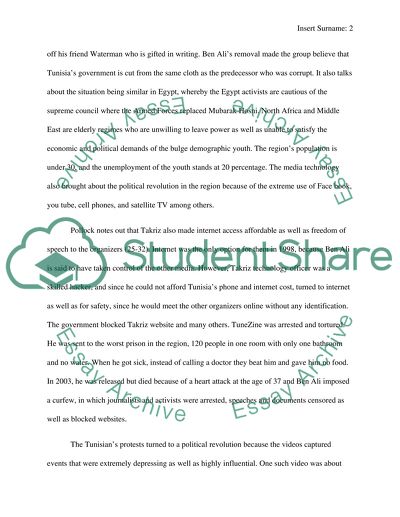Cite this document
(“Using Social Media in the Middle East Essay Example | Topics and Well Written Essays - 1250 words”, n.d.)
Using Social Media in the Middle East Essay Example | Topics and Well Written Essays - 1250 words. Retrieved from https://studentshare.org/journalism-communication/1434166-using-social-media-in-middle-east
Using Social Media in the Middle East Essay Example | Topics and Well Written Essays - 1250 words. Retrieved from https://studentshare.org/journalism-communication/1434166-using-social-media-in-middle-east
(Using Social Media in the Middle East Essay Example | Topics and Well Written Essays - 1250 Words)
Using Social Media in the Middle East Essay Example | Topics and Well Written Essays - 1250 Words. https://studentshare.org/journalism-communication/1434166-using-social-media-in-middle-east.
Using Social Media in the Middle East Essay Example | Topics and Well Written Essays - 1250 Words. https://studentshare.org/journalism-communication/1434166-using-social-media-in-middle-east.
“Using Social Media in the Middle East Essay Example | Topics and Well Written Essays - 1250 Words”, n.d. https://studentshare.org/journalism-communication/1434166-using-social-media-in-middle-east.


